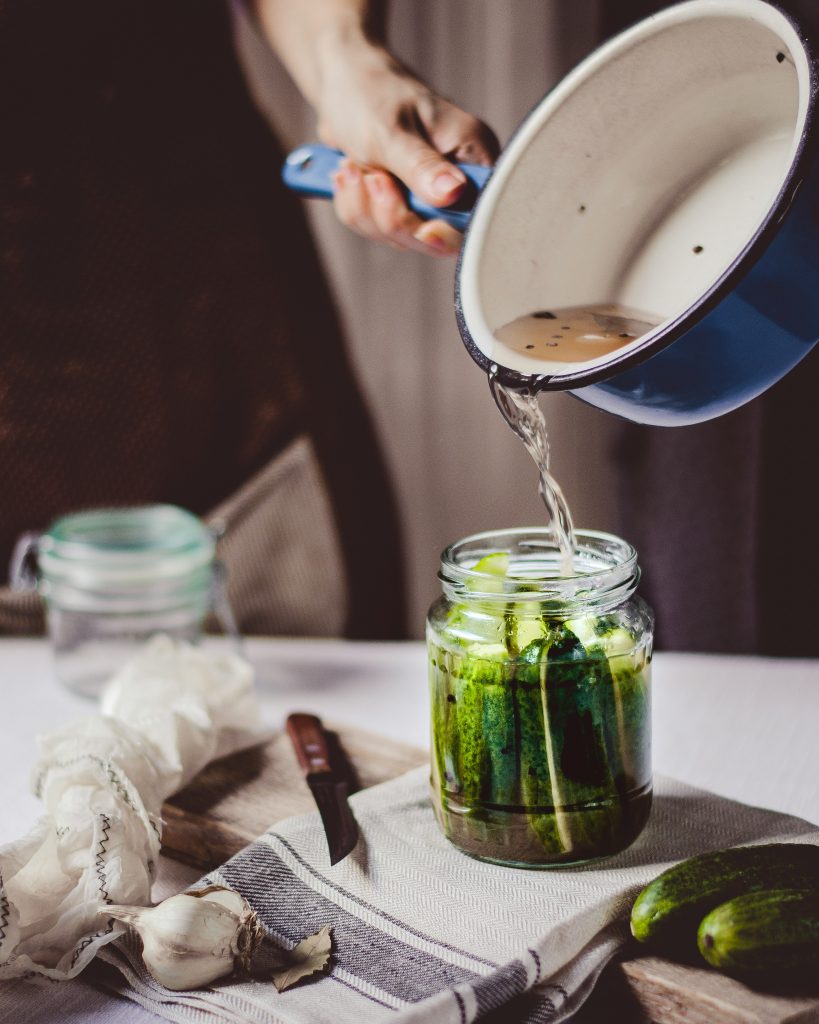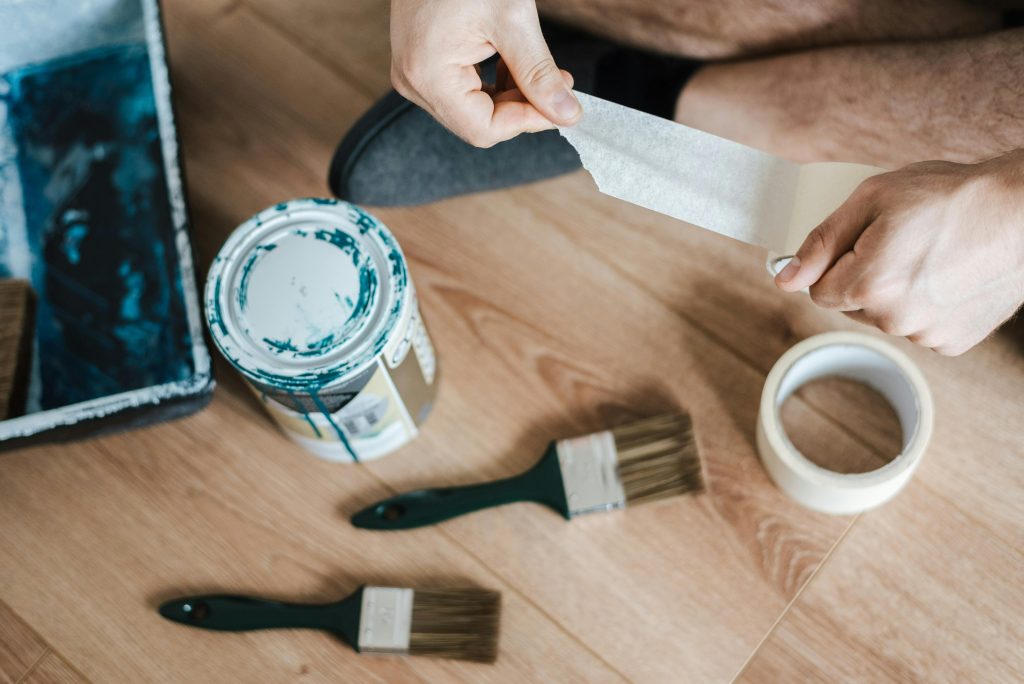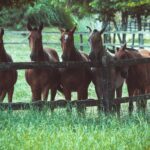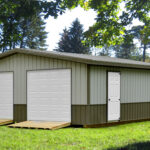
What Items Shouldn’t Be Stored in a Shed?
By Marvin Raber
Sheds and garages are perfect for extra space and accessible storage. When climate-controlled and insulated, these buildings can store all types of equipment and items. However, there are some things that shouldn’t be stored in your shed when it isn’t climate-controlled. Keep reading to find out which items you shouldn’t keep in your backyard storage shed.
Electronics & Batteries
Electronics and batteries aren’t built to endure fluctuating temperatures or damp conditions created by humid weather. Trapped moisture and a damp environment can lead to electronics and batteries rusting. Additionally, batteries and electronics, including TV screens and computer monitors, can become damaged from excessive hot or cold temperatures.
When stored in an area that isn’t climate-controlled and insulated, batteries can become weak or die completely, rendering them useless when needed. Storage buildings with climate control options, such as those available at Raber’s Portable Storage Barns, provide an environment ideal for storing electronics and batteries. If you have outdated electronics you don’t have space for in your home, check out a climate-controlled shed or your local community’s recycling options.
Canned Food
While it may seem like a given not to store perishable food in your storage shed, you also shouldn’t keep food stored in cans or jars here year-round. Improperly storing canned food in a place where temperatures fluctuate can lead to broken seals, burst cans, rusted cans, contaminated food, changes in food texture and taste, loss of food quality, and unwanted pests.
Canned foods must be stored in a cool, dark, and dry place that won’t reach above 95 degrees Fahrenheit. Unless you have a canning-specific shed that is climate-controlled, insulated, clean, has shelving off the ground, and doesn’t let in direct sunlight, your canned foods shouldn’t be stored in a shed.

Paper Products
Paper products and materials shouldn’t be stored in your backyard shed as damp conditions from temperature fluctuations promote the growth of mildew and mold. Important documents, such as birth certificates, marriage licenses, social security cards, and passports should never be kept in a backyard shed. When stored in a shed without climate control, these items can easily become damaged or destroyed. A good general rule to follow is to avoid storing any sentimental or nonreplacable items in your storage shed, including artwork and photographs.
Paper is also an ideal material for pest nests. Paper products may get torn apart by mice building nests, creating a mess in your shed and leading to a pest problem. Items like cardboard boxes, books, tissue paper, craft supplies, and newspapers are all mouse attractants that shouldn’t be stored openly in your shed. Instead of using cardboard boxes to store items, opt for clear plastic storage bins that pests cannot get into.
Fabric & Clothing
Similar to paper products, clothing and fabric are at high risk for potential mold growth and pest damage. Damp conditions brought on by temperature changes can cause mildew to spread throughout your clothes, even when stored in a plastic bin. Not only is this bad for your health, it completely ruins the fabric items you’re storing. Similarly, you should avoid storing stuffed animals or toys with fabric in your storage shed as the same can happen to them.
Musical Instruments
Instruments, especially those made from wood, shouldn’t be stored in a storage shed. Rising and falling temperatures can cause lots of damage to an instrument’s appearance, usability, and sound. Instruments with metal components can tarnish and rust, while wood instruments are susceptible to warping, cracking, and melted adhesives. Additionally, instruments with strings shouldn’t be exposed to high temperatures as the strings can snap and rust. To properly store instruments, keep them in a cool, dry area that is climate-controlled. This will ensure your musical instruments stay in quality condition with good sound for years.
Paint
While your backyard shed may seem like a great place to store leftover paint cans, you should only store paint in your shed if it’s climate-controlled. Paint stored in your shed is at risk of freezing, separating, and losing its color. This can be extra frustrating when you need to touch up a spot or work on a DIY project only to find the paint has become unusable and no longer matches.

Similarly, spray paint also shouldn’t be kept in your shed. Hot temperatures can lead to spray paint cans exploding. For best results, spray paint and paint cans should be stored in a cool, dry place that doesn’t get direct sunlight.
Wood & Leather Furniture
As mentioned earlier, you shouldn’t store wood items in a shed that is exposed to drastic temperature changes. Wood furniture is no different. Extreme temperature changes can warp the appearance and functionality of your furniture when stored in a shed long term. Likewise, genuine leather furniture, or anything made with genuine leather, shouldn’t be kept in your backyard shed. Cold temperatures can crack genuine leather while non-climate-controlled spaces are vulnerable to moisture that can discolor leather.
Many items come with instructions on how they should be stored. When in doubt, opt for a clean, dry, and cool space that isn’t vulnerable to drastic temperature changes. Need a climate-controlled storage shed? Storage buildings at Raber’s Portable Storage Barns come with options for insulation and electrical packages to keep your storage safe. Check out Raber’s quality storage buildings or design a custom building online that meets your unique needs!



